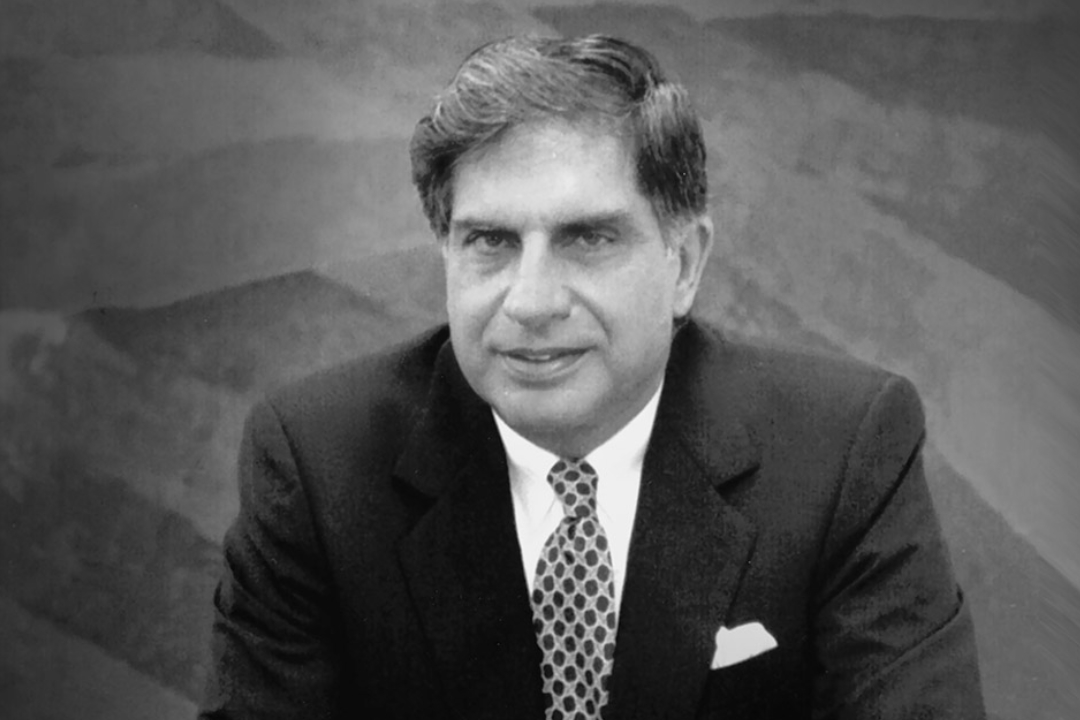On the evening of October 9, 2024, India lost one of its most celebrated industrialists, Ratan Naval Tata. He passed away at the age of 86 in a Mumbai hospital after battling age-related health issues. His demise has deeply shaken the nation, with tributes from leaders, business icons, and everyday citizens. Maharashtra’s government has declared a day of mourning, reflecting Tata’s enormous impact on India and the world. The Tata Group, which he once led to global prominence, expressed profound grief, calling him an “uncommon leader” whose contributions shaped India’s business and social fabric.
Ratan Tata was more than just an industrialist. Born into the prominent Tata family on December 28, 1937, in Mumbai, he was the great-grandson of Jamsetji Tata, the founder of the Tata Group. He became chairman of Tata Sons in 1991, following in the footsteps of JRD Tata and transformed the conglomerate during his tenure. Under his stewardship, Tata expanded its global footprint, acquiring internationally recognized brands like Jaguar Land Rover and Corus Steel.
Ratan Tata’s legacy goes beyond boardrooms. He was revered for his leadership style, which emphasised integrity, ethics, and compassion. He remained accessible to his employees and was deeply committed to philanthropy, using the Tata Trusts to fund education, healthcare, and rural development initiatives across India.
Raised by Grandmother & Graduated from Cornell University
Ratan Tata’s journey began with a life of privilege but came with expectations. His parents separated when he was just ten years old, and he was raised by his grandmother, Lady Navajbai Tata, in Mumbai. Despite this challenge, Tata excelled in academics, attending the prestigious Cathedral and John Connon School in Mumbai before heading to the United States, where he graduated from Cornell University with a degree in architecture in 1962.
After completing an Advanced Management Program at Harvard Business School, Tata returned to India and joined the family business. Though his early years in the company were marked by challenges—being given smaller projects with lower risks— Ratan Tata showed resilience and a long-term vision. This trait would eventually lead him to the top.
Ratan Tata’s tenure as chairman of Tata Sons is remembered for the company’s dramatic transformation. Tata Group had modest revenues of ₹10,000 crore when he took over. By the time he stepped down in 2012, that figure had crossed the $100 billion mark. Tata’s bold acquisitions of international brands, particularly Jaguar Land Rover in 2008 and Corus Steel in 2007, symbolized India’s rise in the global business.
From Nano to Air India: How Ratan Tata will be Remembered!
Under his leadership, Tata Motors introduced the world’s cheapest car, the Tata Nano, an ambitious attempt to bring affordable mobility to millions. Tata was also instrumental in the group’s expansion into telecommunications, software, and steel, driving innovation and entrepreneurship in each sector. Beyond business, Tata’s commitment to philanthropy was remarkable. Through the Tata Trusts, he funded educational scholarships, hospitals, and rural development programs that impacted millions. His work for the Tata Memorial Hospital, in particular, has provided life-saving treatments to cancer patients across India.
One of Ratan Tata’s final and most notable achievements was his role in bringing Air India back under the Tata Group’s wing. JRD Tata founded us in 1932 as Tata Airlines; the carrier was nationalized in 1953. In a dramatic reversal, the Tata Group reacquired the airline in 2022, marking a poignant return to its origins. Tata’s involvement in the acquisition was hailed as a visionary move, with many seeing it as the completion of a circle—returning Air India to the group that had initially built it. His successors are likely to prioritize his dream of seeing Air India soar to its former glory in the coming years.
Ratan Tata was a humanitarian more than a business leader for the people around him. Known for his humility and compassion, he maintained a close relationship with Tata Group employees, always prioritising their welfare. His leadership style was marked by empathy, and he famously prioritized ethical business practices even when it meant compromising on profits.
For the people of India, Tata symbolized trust, integrity, and national pride. His actions following the 2008 Mumbai terror attacks, when the iconic Taj Mahal Palace hotel was targeted, exemplified his resilience and leadership. He was praised for ensuring the hotel reopened quickly, standing as a symbol of defiance and recovery for the country.
Ratan Tata’s passing has left an indelible void, but his legacy will continue to inspire future generations. He will be remembered as one of India’s greatest industrialists, a man whose vision transcended the confines of business and left a lasting impact on society. His commitment to ethical leadership, compassion for the less fortunate, and his global vision for Indian business have set benchmarks that few can match.







